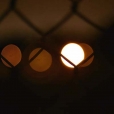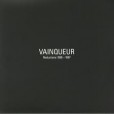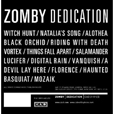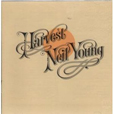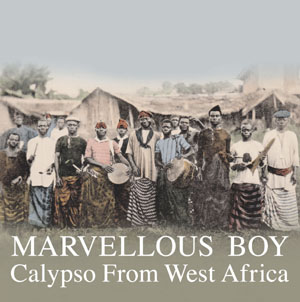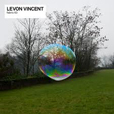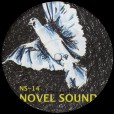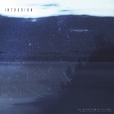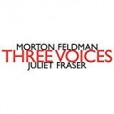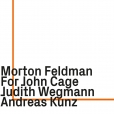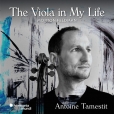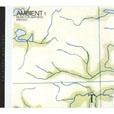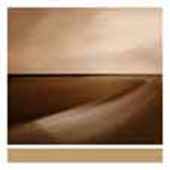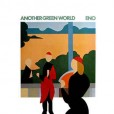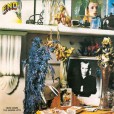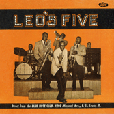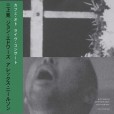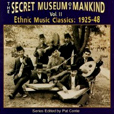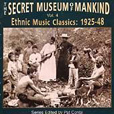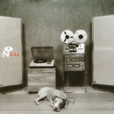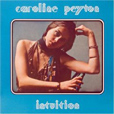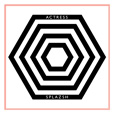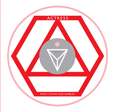Your basket is empty

The Chain Reaction classic.
Marvellous Boy is the West African counterpart of the 1950s Soho scene of our series London Is The Place For Me. Calypso, highlife and jazz, brimming over with lust for life, topicality, and extravagant creativity.
Definitive performances by pianist Judith Wegmann and Andreas Kunz.
Feldman: “The degrees of stasis, found in a Rothko or Guston, were perhaps the most significant elements I brought to my music from painting. For me, stasis, scale, and pattern have put the whole question of symmetry and asymmetry in abeyance.”
Cage about Feldman: “Listening to this music one takes as a spring-board the first sound that comes along; the first something springs us into nothing and out of that nothing arises the next something… like an alternating current. Not one sound fears the silence that extinguishes it. And no silence exists that is not pregnant with sound.”
‘This work has accompanied me like a secret, an almost silent meditation on what the viola means in my life. Through it I have experienced how much this instrument connects me to listening, to patience, to inwardness. Here Morton Feldman is not composing in order to shine, but so as to make us hear the infinitesimal, the unspeakable – that is what has touched me profoundly, and I want to share it with the listeners.’
Antoine Tamestit
Coveted, cookin rhythm and blues from the house band at Leo Gooden’s happening St Louis night spot, late fifties and early sixties.
Wants-list Kansas City power-pop, from forty years ago, luxuriously revived.
Jazz-folk originally issued in 1977 by the BRBQ label out of Bloomington, Indiana; reissued here with extras by Numero.
Dazzling melds of classic Detroit, grime, dubstep, speed garage, Paisley rock, synth-wave and the rest, with none other than the man not-himself crowned king.
Three exclusives trailering the Splazsh album, including a carnivalesque house banger from Zomby. Out Detroit, UK bass science and UK funky, cold wave and Kraftwerk… a London thing, mongrel and dashing.
